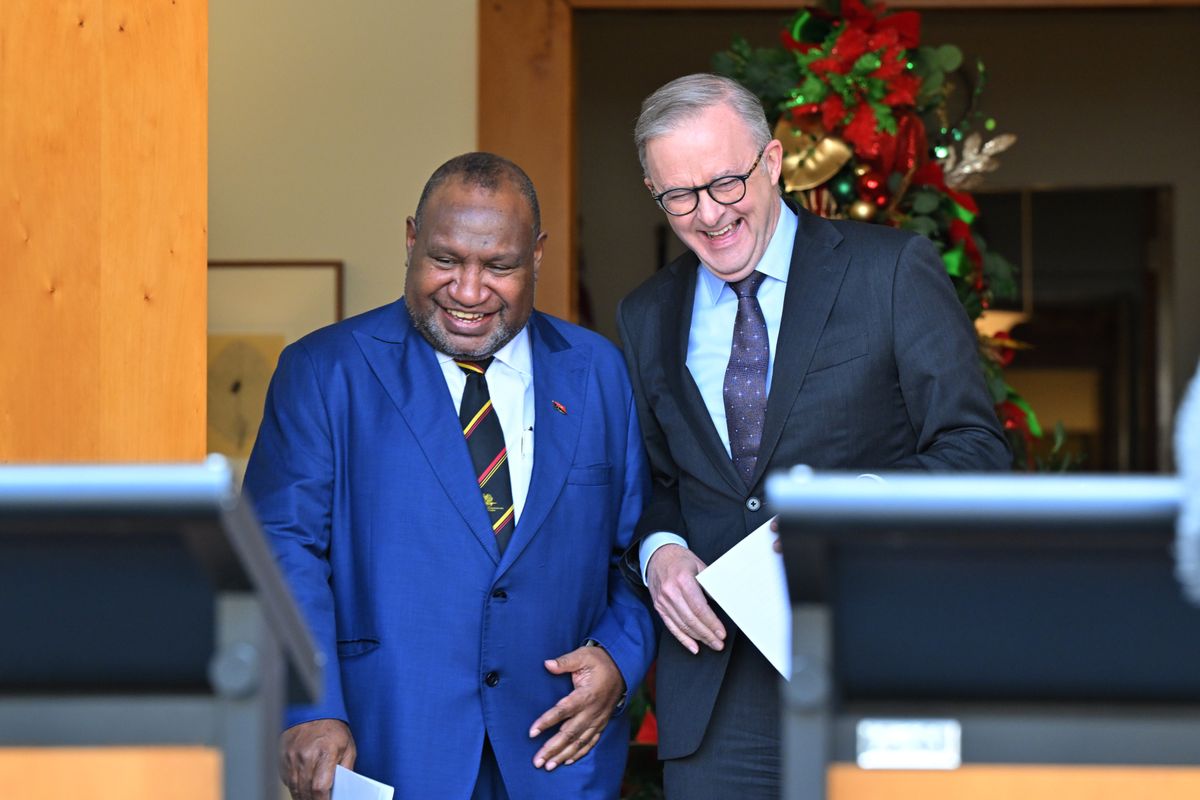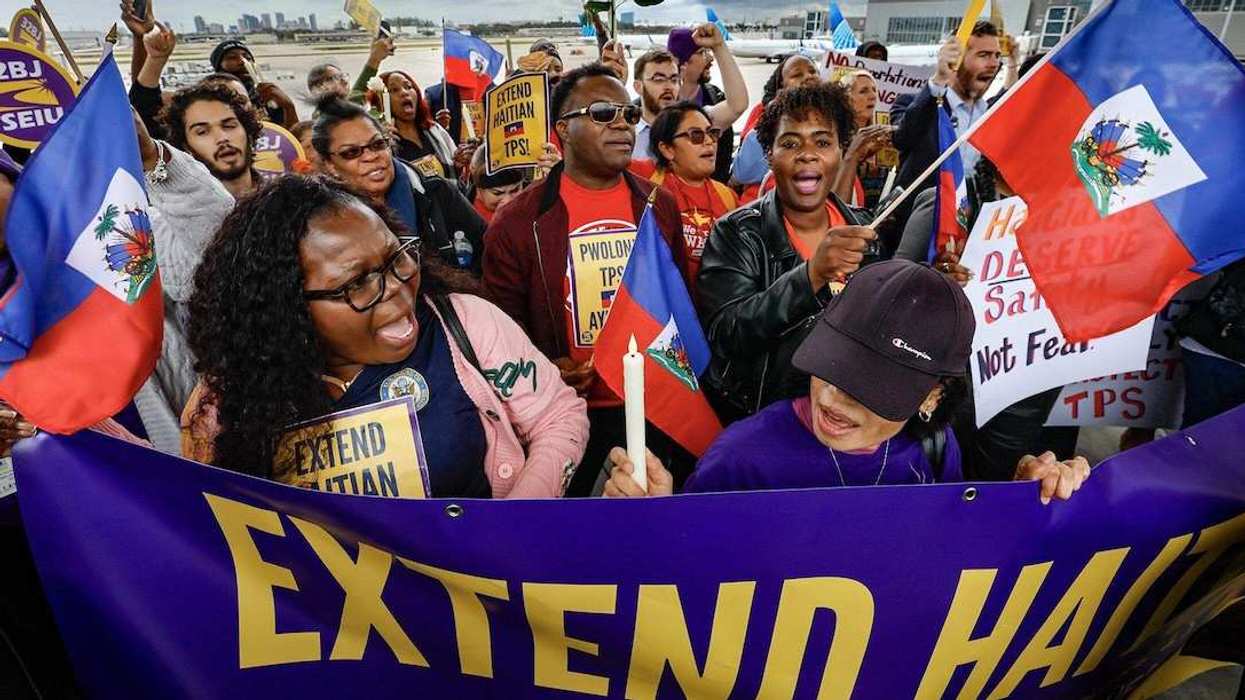The Australian government on Thursday signed a security pact with its nearest neighbor, Papua New Guinea (aka PNG) that strengthens its – and America’s – position as a primary security partner in a region where China’s influence is rising.
The agreement was finalized six months later than initially scheduled, primarily because PNG harbored reservations about being perceived as favoring one side over another. During this delay, China actively sought PNG's participation in a comprehensive security pact involving nine other Pacific Island nations, though the initiative eventually collapsed. Despite having entered into a defense agreement with the United States in May, PNG asserts that it remains impartial and has not aligned itself with any particular side.
PNG is a diverse developing nation in a strategically important part of the South Pacific. Australia’s push for the agreement came after the neighboring Solomon Islands struck a security pact with China last year, sending shockwaves through the Pacific and raising fears of a Chinese naval base being established there.
While specifics about the Australia-Papua New Guinea deal have not yet been published, both nations said they achieved their goals. Amid rising US-China tensions, Pacific Island nations are a geostrategic chessboard. The security pact is a win for the US, and also a signal that PNG and its neighbors will be increasingly pressured to take sides.



















